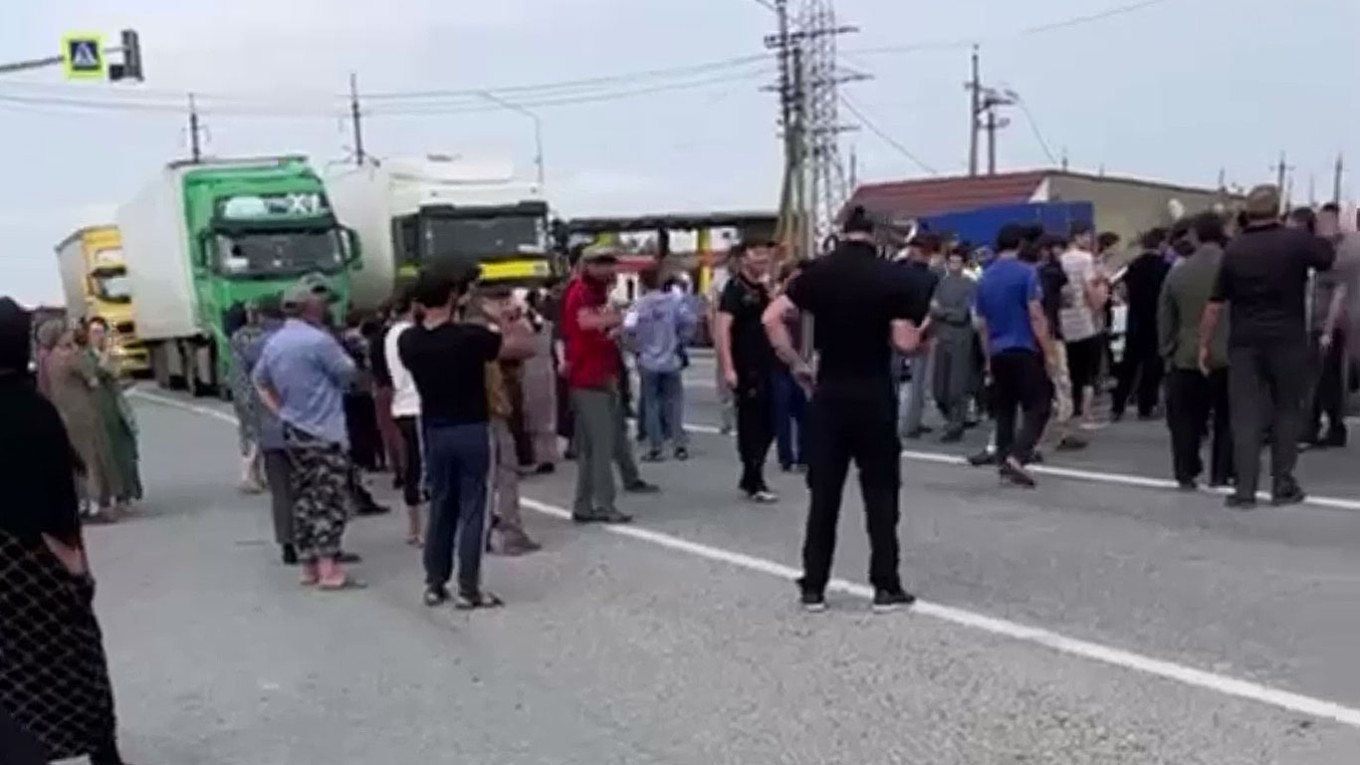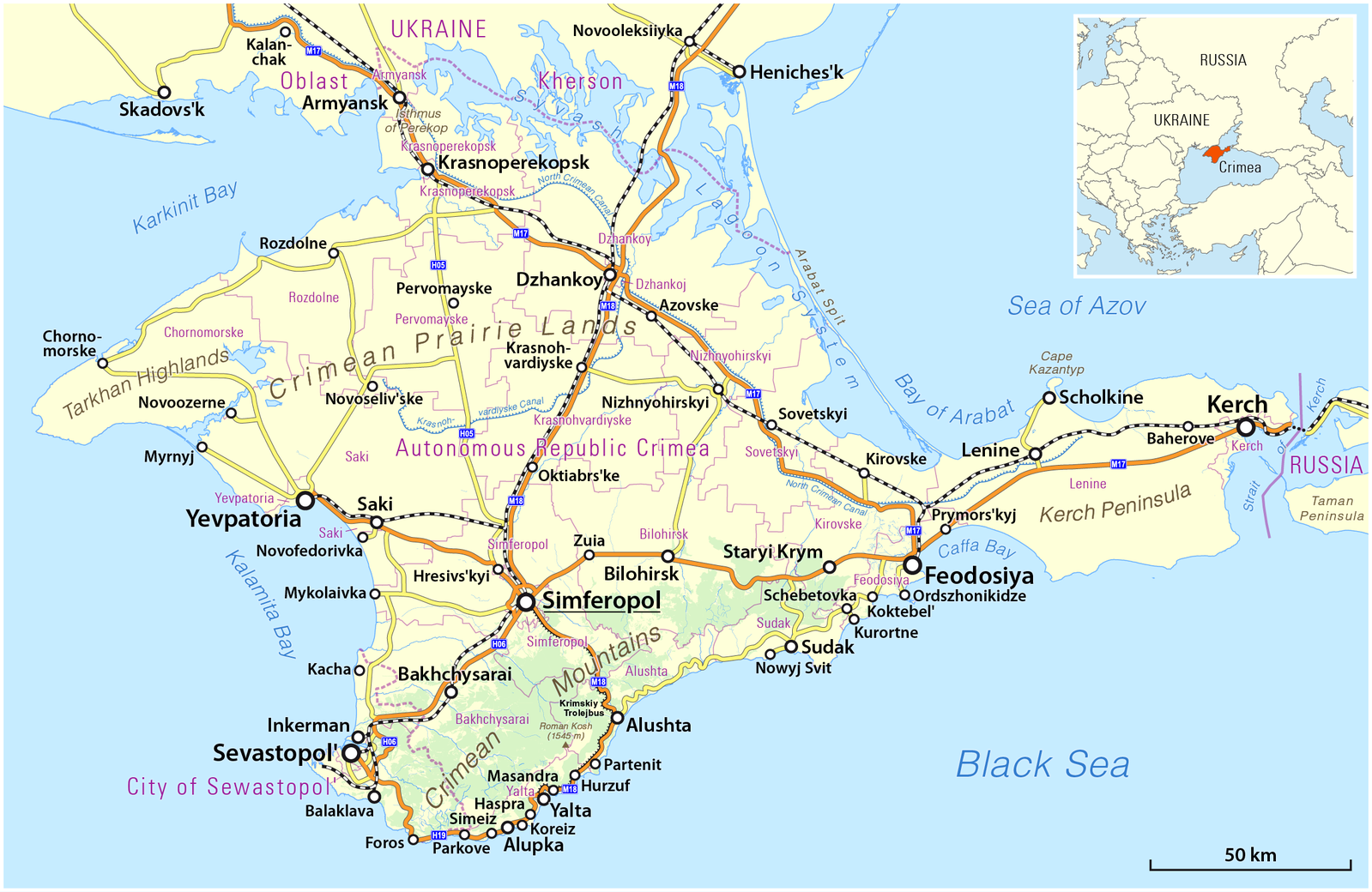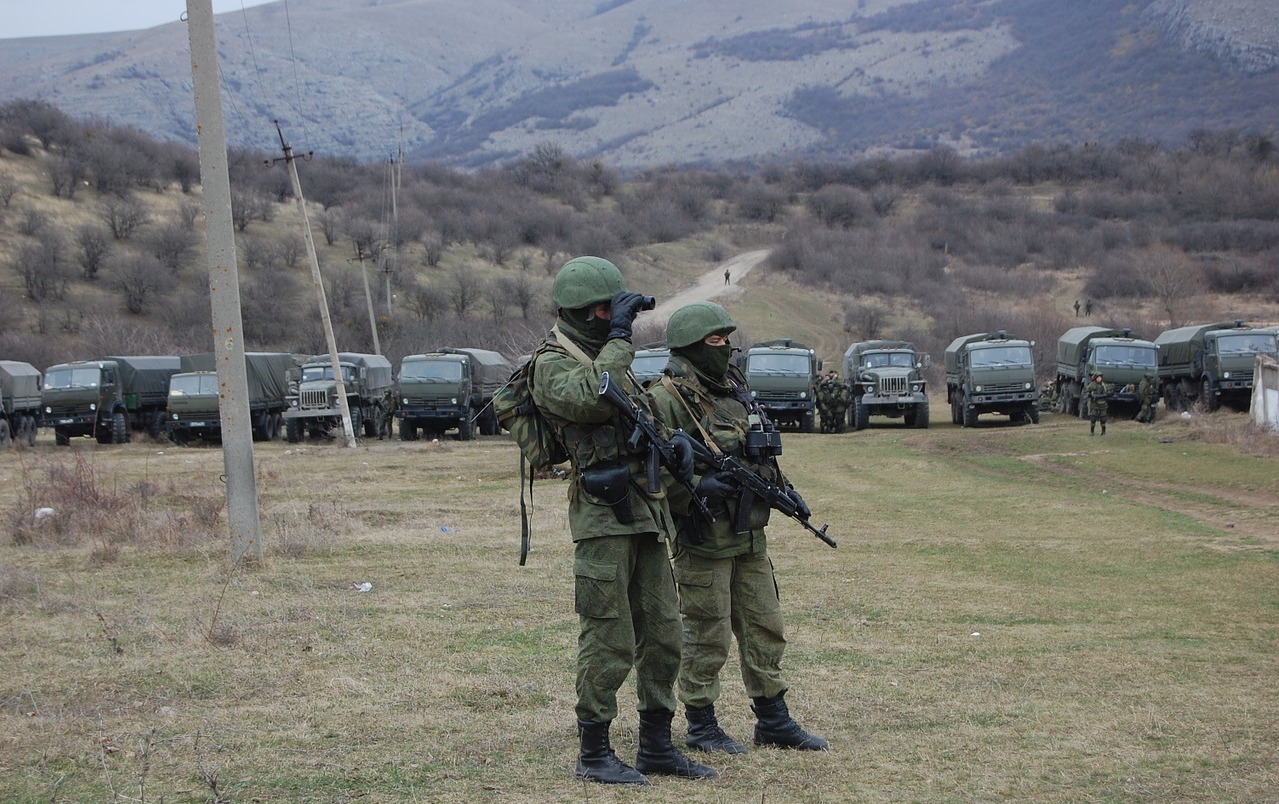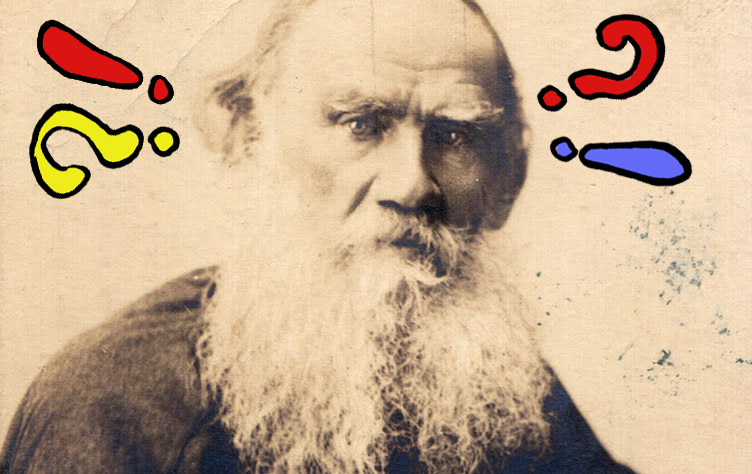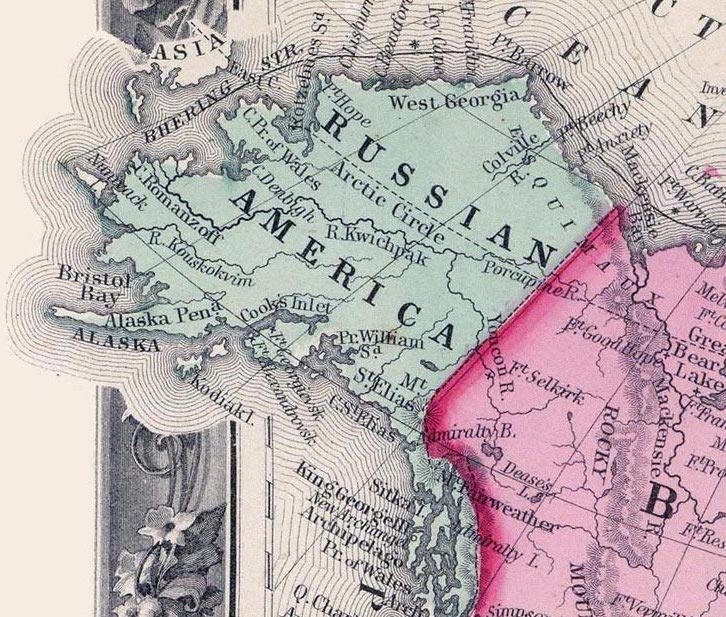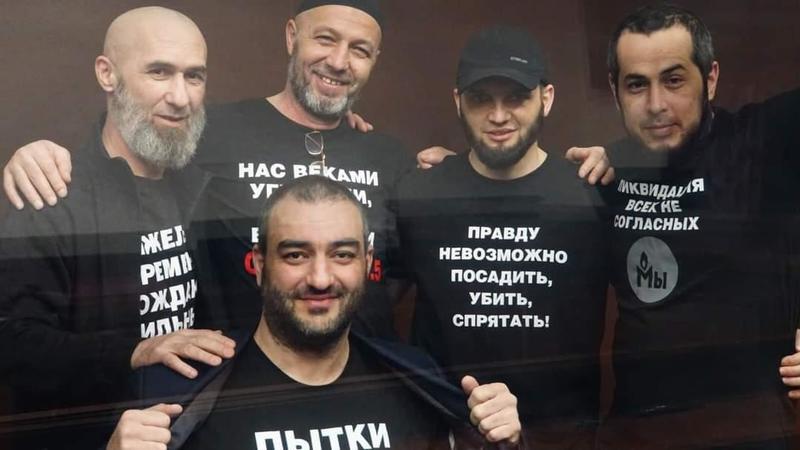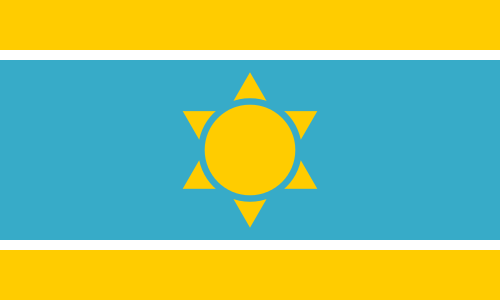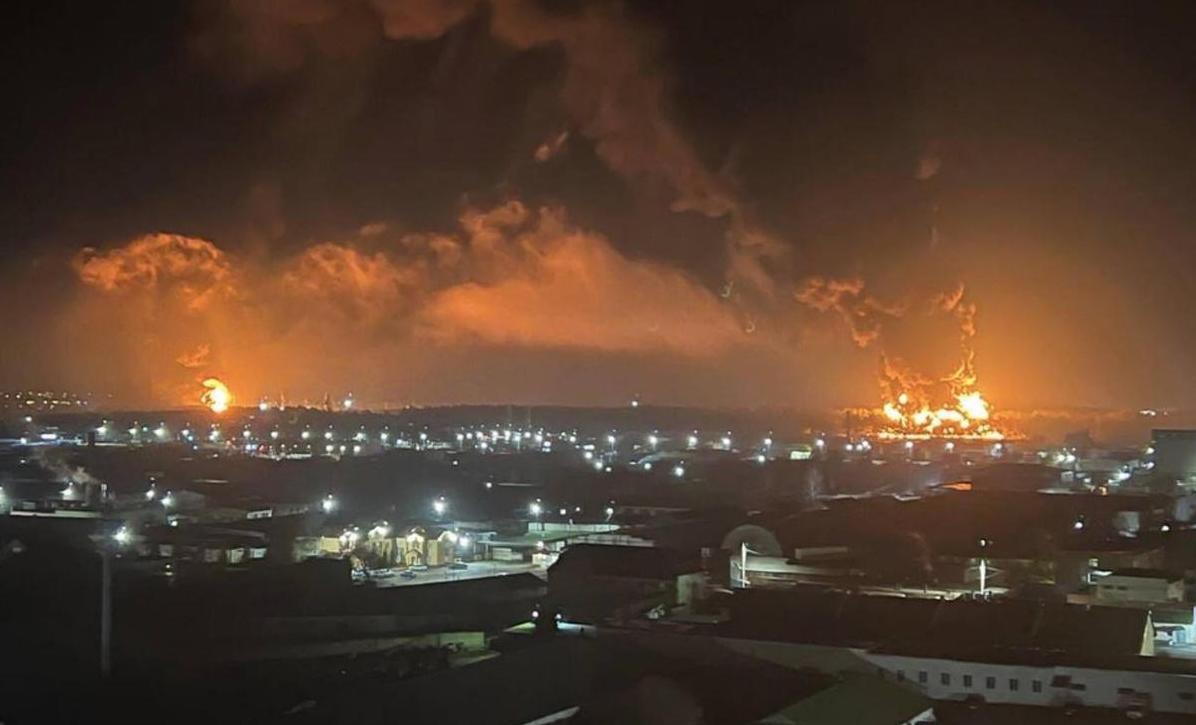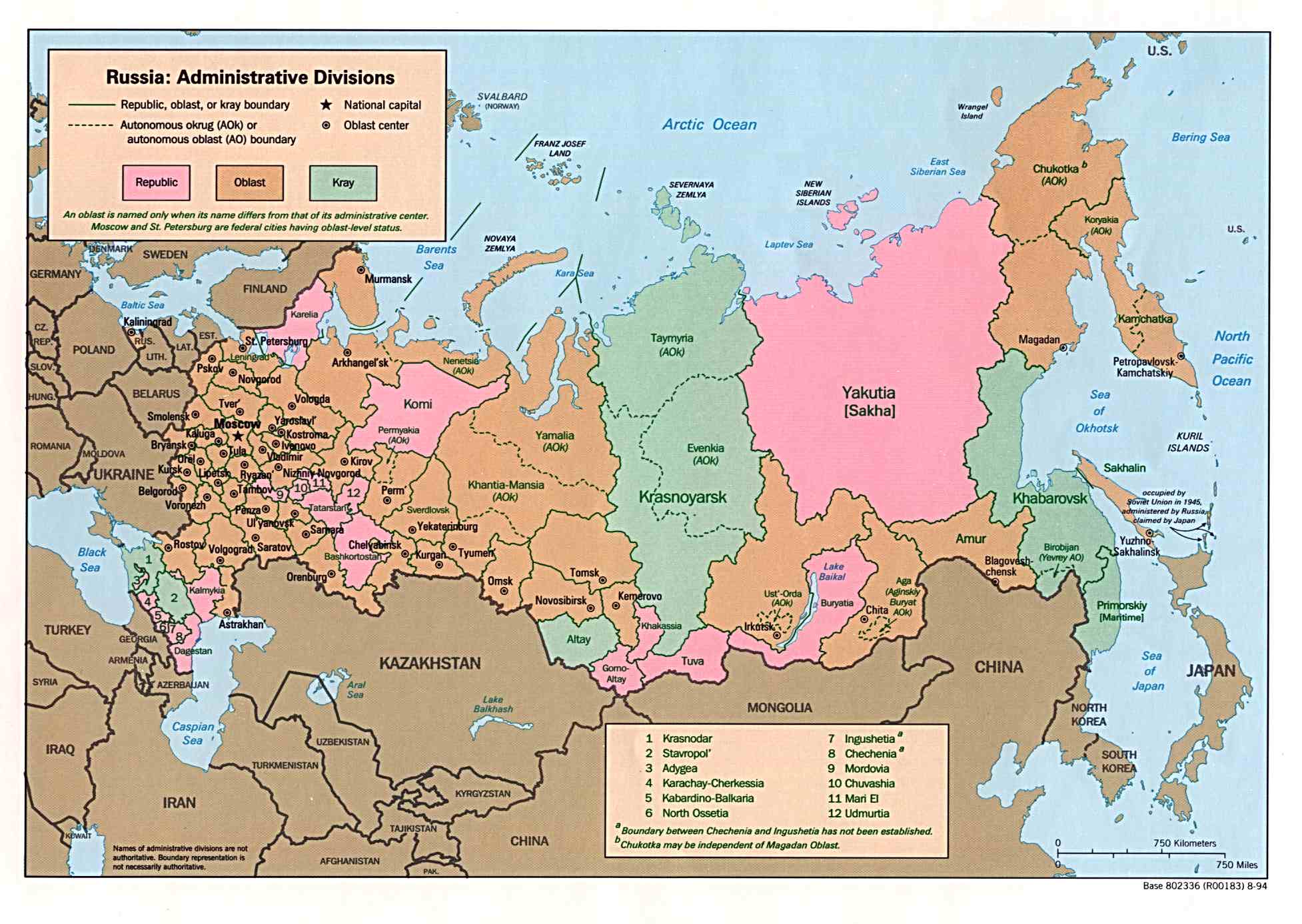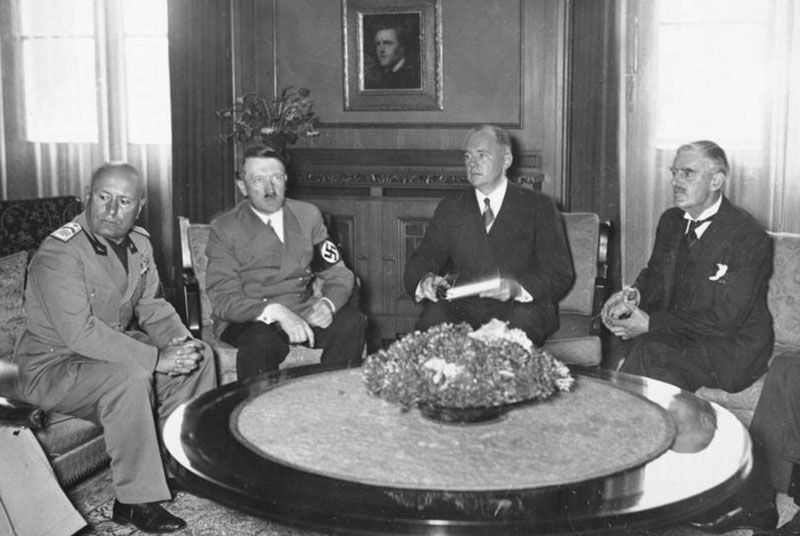
Podcast: Donbas = Sudetenland
In Episode 143 of the CounterVortex podcast, Bill Weinberg notes the all too telling irony that Putin’s annexation of Ukraine’s Donbas region came on exactly the same day as the 1938 Munich Agreement, which approved Hitler’s annexation of Czechoslovakia’s Sudetenland region. Russian annexation of the Donbas was preceded by that of Crimea, just as the Nazi annexation of Sudetenland was preceded by that of Austria. This is the same pattern of escalation toward world war—only this time Putin’s overt nuclear threats make the stakes even higher. Signs of hope include the anti-draft uprising in Russia and mass exodus of Russian youth, which undermine Putin’s war effort and threaten his very regime. War Resisters International has issued a petition demanding that European states offer asylum to all Russian deserters and conscientious objectors to military service. Alas, much of the Western “left” continues to make excuses for Putin’s criminal aggression. Dissident websites such as CounterVortex and Balkan Witness debunk the Russian war propaganda being recycled by Putin’s internet partisans on the pro-fascist pseudo-left. Listen on SoundCloud or via Patreon. (Photo of Benito Mussolini, Adolf Hitler, interpreter, and Neville Chamberlain meeting in Munich, September 1938: German Federal Archives via Encyclopedia Britannica)



